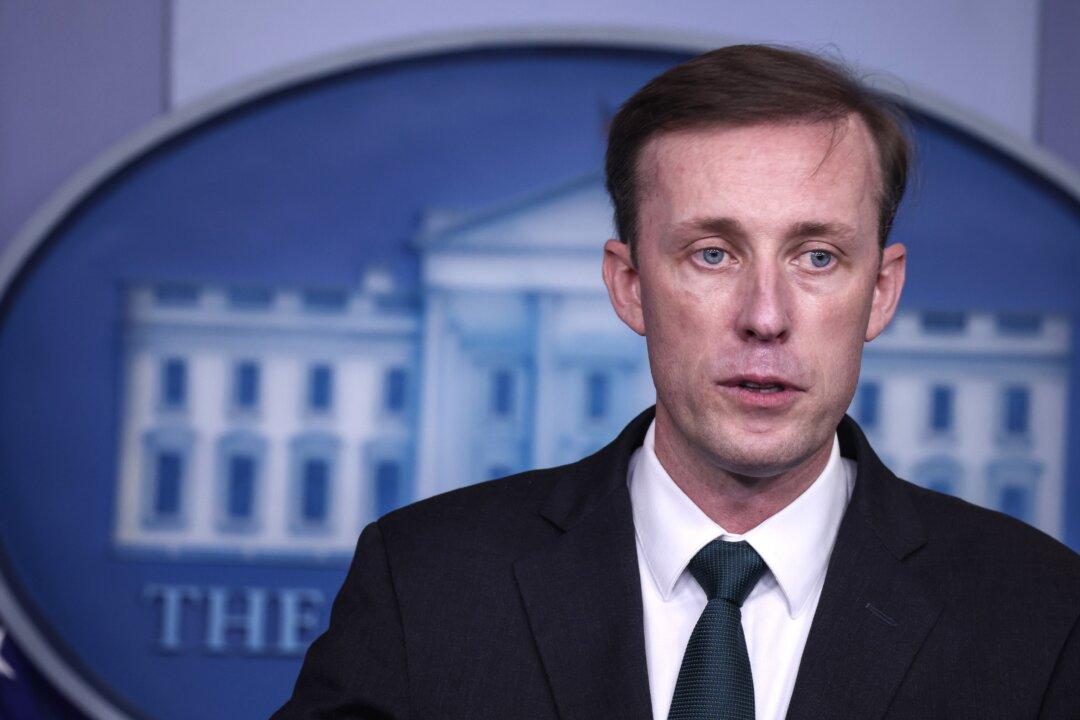The international order has entered a new epoch and the United States will need to vigorously defend its way of life from encroaching authoritarianism from China and Russia, according to a senior U.S. official.
How the United States acts over the course of the next decade will make or break its efforts to preserve a liberal international order against the autocratic advances of China’s communist regime, said White House national security advisor Jake Sullivan.




